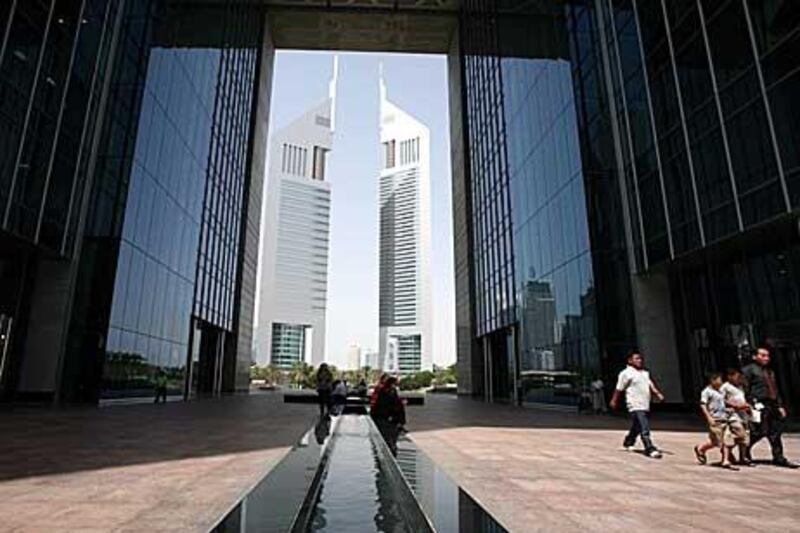Foreign entrepreneurs are heading to the UAE, lured by lower overhead costs and taxes and good access to faster-growing emerging markets.
Sluggish growth in their home markets and higher taxes in European economies such as the UK are also persuading companies to launch in the Emirates.
Consultancies in sectors as diverse as hospitality and IT and companies providing support services are among the businesses making the move in recent months.
"I have been able to achieve something in the UAE I wouldn't be able to achieve in the UK," said Elizabeth Williams, a 41-year-old recruiter who set up her own company headhunting Arabic-speaking lawyers this year. "The market in London is saturated while the market in the UAE has opened up after the recession, when one big [Dubai International Financial Centre] legal recruitment agency closed and another made redundancies."
The trend marks a step change from the pre-financial crisis years, when multinationals and other big corporations accounted for the bulk of businesses establishing a presence in the country.
The Dubai company formation specialist Links Group has helped about 20 companies set up in the emirate so far this year, with the number of firms setting up rising rapidly in the second half of the year. The data represent a 10 per cent increase in the number of companies handled by the Links Group compared with last year.
"Traditionally, the focus has been on big business and big brands coming here, but we are now seeing support services and smaller companies coming here," said John Martin St Valery, Links's chief executive.
The British Business Group (BBG) has noticed the pattern, too. Smaller companies were following the lead of their larger counterparts by using the UAE as a gateway to the higher-growth markets in the Middle East and Asia, said the BBG chairman and chief executive Mark Beer.
"Before, we very rarely got any requests from SMEs and individual entrepreneurs as domestic markets were so buoyant that they didn't feel the need to look overseas," he said. "Now the financial crisis means smaller companies are having to look much harder at generating income."
The stronger interest from smaller businesses comes after a period of stuttering growth in the private sector, with the global economic downturn even prompting some businesses to pack up and return to their home countries.
The Government is taking steps to reform regulations for start-ups, with Abu Dhabi planning to launch a one-stop business centre for new companies to register. The Government says it is focused on building the small and medium enterprise sector, which accounts for about 90 per cent of the country's private sector.
Living and working costs have also moderated, with inflation at a more manageable level than the double-digit peaks of 2008. Rents have dropped sharply for office and housing space, making it cheaper to set up a business.
The Emirates low-taxation regime has always been a draw for expatriate workers.
Emirates NBD Private Banking has experienced a surge in recent months of high-net-worth Europeans moving money and businesses to the UAE.
"In the UK, there's tax increases coming at the turn of the year, there's a VAT increase and 50 per cent income tax [for high earners] and that's starting to weigh on people," said Gary Dugan, the chief investment officer at Emirates NBD Private Banking.
"They're saying, 'I can run my business from anywhere. All I need is an office, a telephone and e-mail address'."





